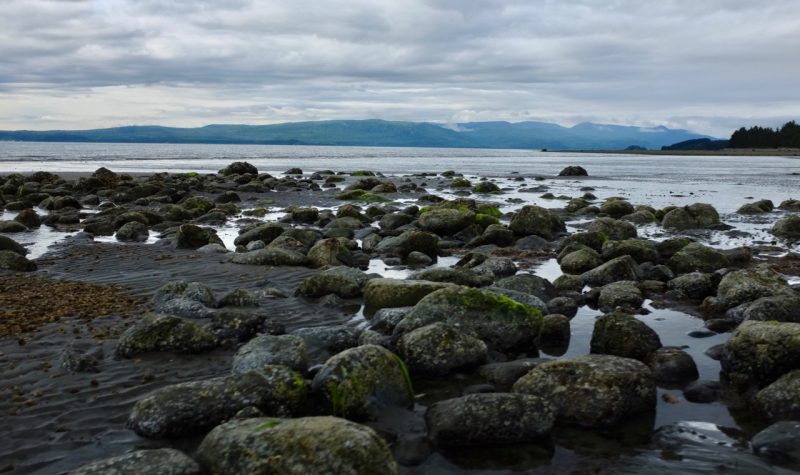After over a year of debate and council meetings, the decision to change the town name of Queen Charlotte on Haida Gwaii back to "Daajing Giids Llanagaay" will be made May 2.
Indigenous Peoples in Canada are working to restore their place names and revitalize their languages after colonial policies and law sought to eradicate them, according to advocates.
"During the last several centuries, huge swaths of Indigenous lands were remapped and renamed by colonial powers, usually by white men. More often than not, places were named according to the whims of surveyors, cartographers, and politicians of the day. This is in stark contrast to the deeply meaningful, personal, and often spiritual naming practices of Indigenous peoples."
This is from the Yellowhead Institute paper on Reclaiming Indigenous Place Names, a 2019 paper co-authored by Christina Gray and Daniel Rück.
“Of course, renaming has been a critical part of settler colonialism generally, which is predicated on the erasure of Indigenous peoples, including their languages, cultures and social structures—any and all evidence of Indigenous peoples’ living presence. Thus, reverting to Indigenous place names in relation to oral histories, Indigenous laws, and languages is part of the process of reclaiming Indigenous knowledge and territories,” the paper continues.
The Council of the Haida Nation recently restored 12 place names back to their original Haida names. The project, called Giving Back Names, was the result of two years of work between the BC Geographical Names Board and consultation with Haida citizens, community, leaders and organizations.
The Council of the Haida Nation has worked with Xaad Kíl Née and Elders at Skidegate Haida Immersion Program to acquire recordings for all to practice and to use while enjoying our Haida Territories.
Haida Language Office will even provide translations to individuals and organizations if you request them.
With all of this assistance as well as phonetic and dialect resources the Haida offer, it seems a weak argument to vie to keep the name of Queen Charlotte, after the wife of King George III of the United Kingdom.
This included clip is a conversation with Sgaan Kwah Agang, who works works tirelessly to share his cultural knowledge with Haida People and Visitors to Haida Gwaii through his work with the Haida Museum as a Collections Assistant. He’s also been working to repatriate Haida items from museums all over the world, but that's for another article.
Here’s that interview with Sgaan Kwah Agang, one in many conversations to be had about the significance of language.


